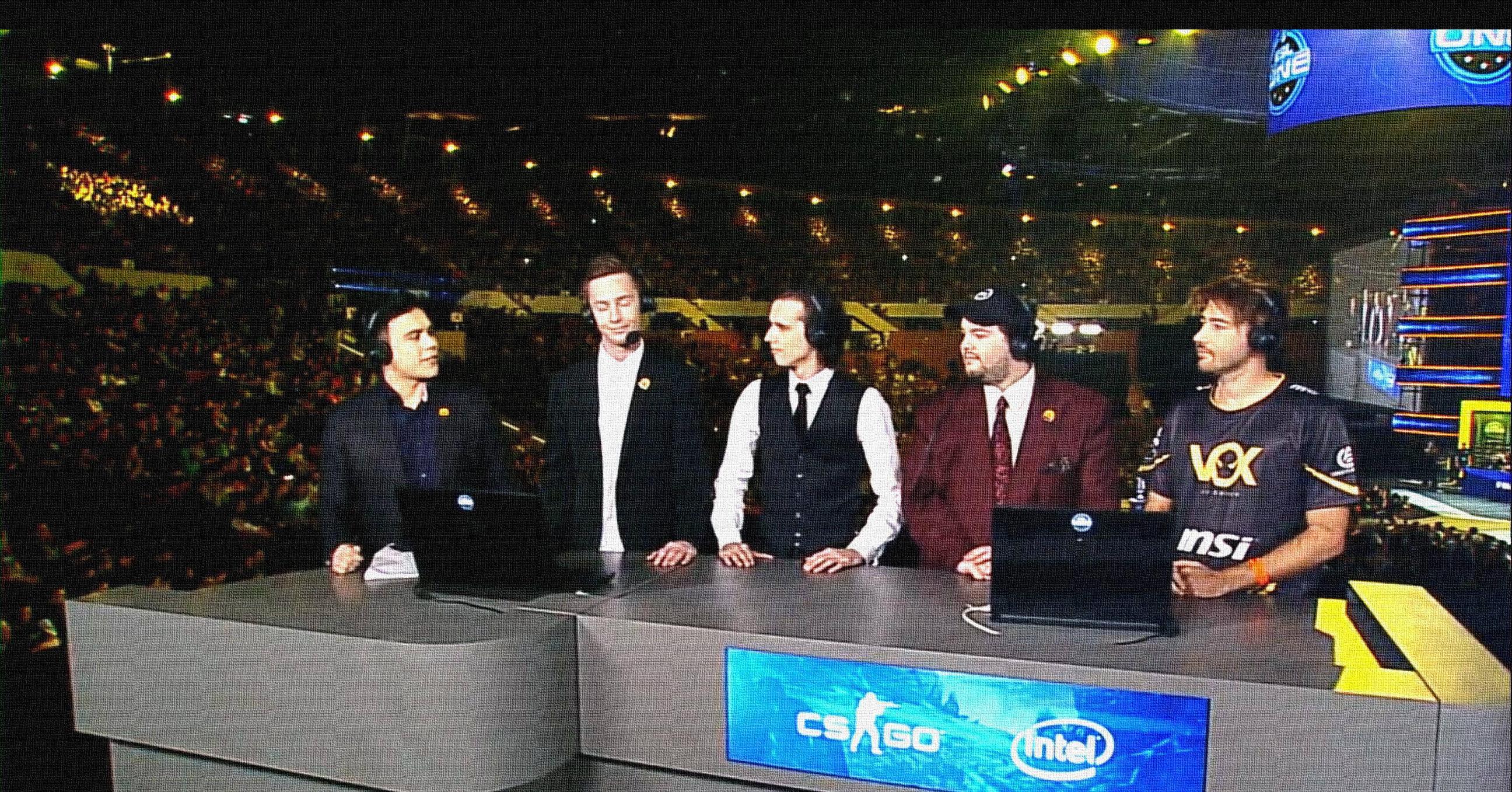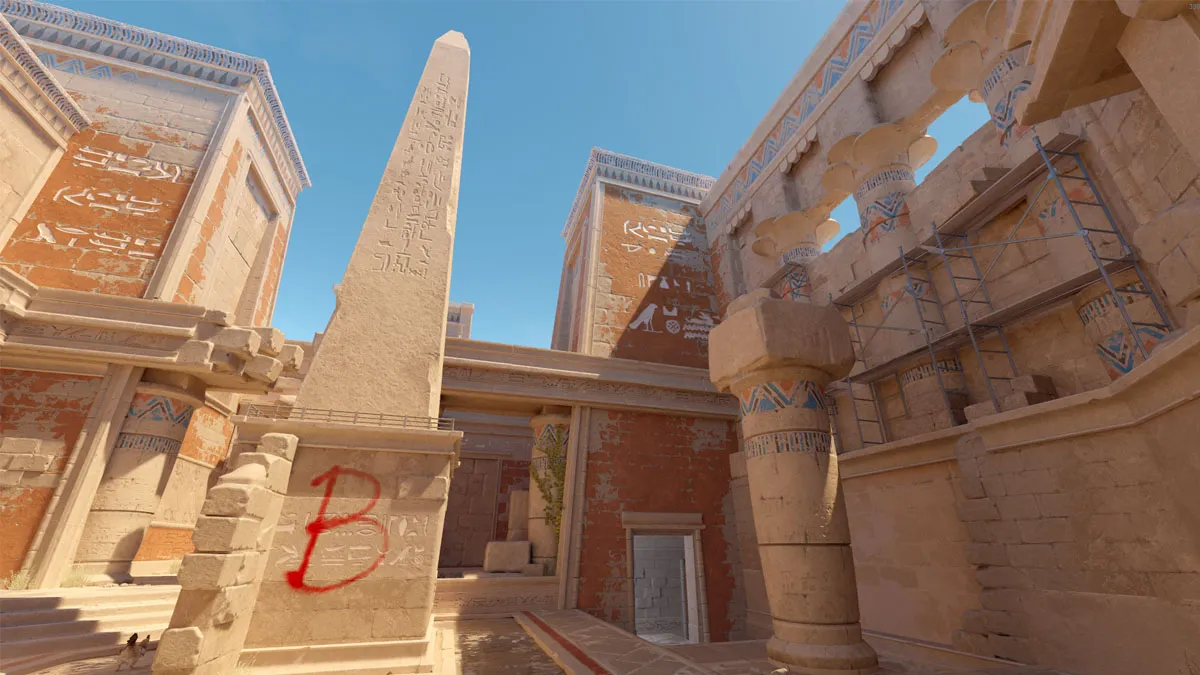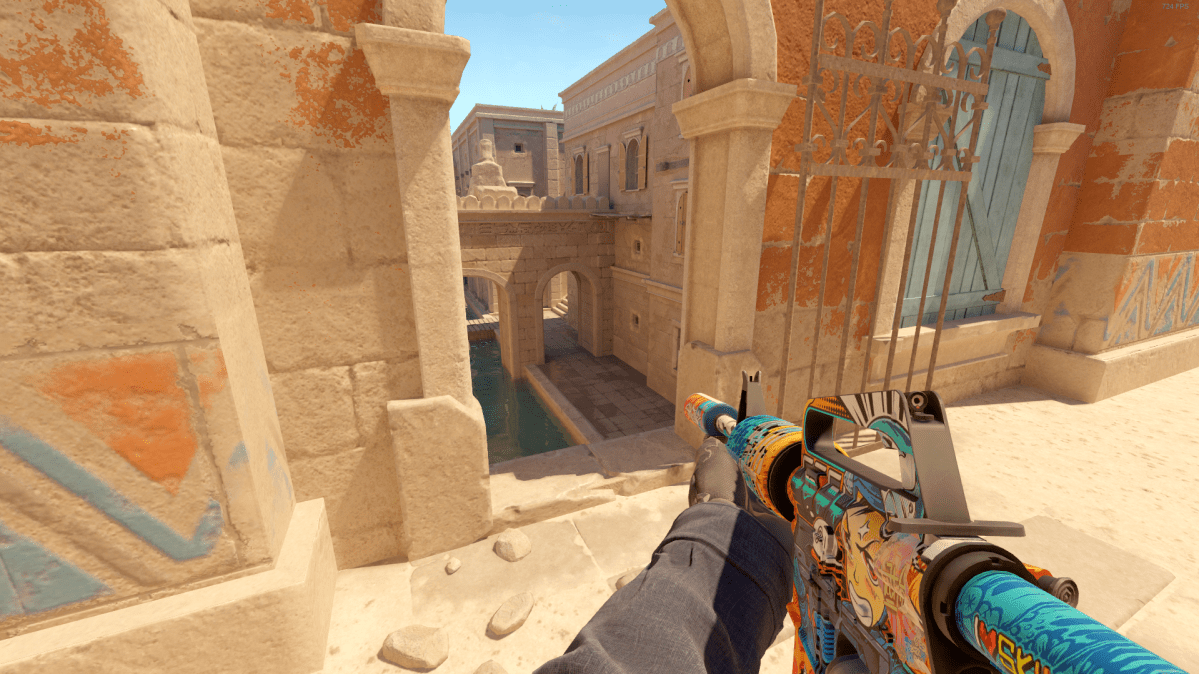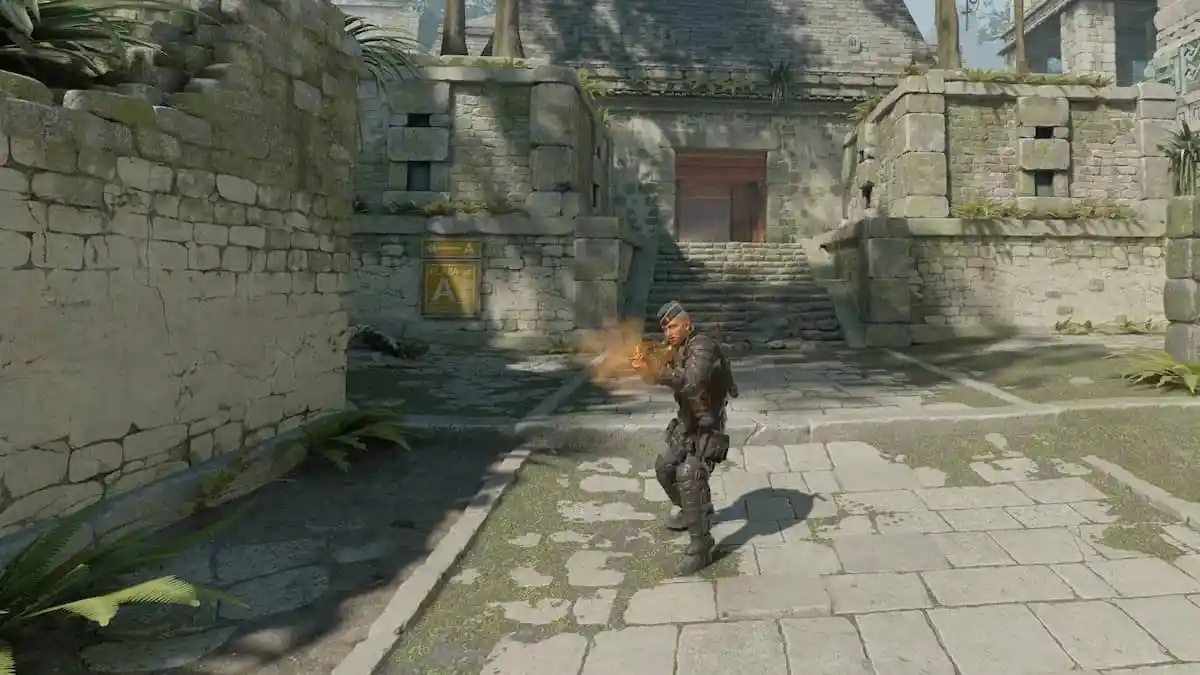I’m sure my detractors will claim the above headline is a working title for my autobiography. It’s not. It’s exactly as it says: Competition and choice are almost always good things.
That reads alarmingly pro capitalist, which is certainly not a reflection of my political leanings. But it’s always felt right to me. When companies operate in a vacuum, their products become stale, their work ethic diminishes. Why constantly strive to improve what’s untouchably the best—especially if that quality is highlighted by the inferiority of your competitors? Companies all too often look to smash opposition without realizing that someone snapping at your heels often encourages your best work. Equally, consumers become disenfranchised when they lack choice, but also incredibly bored. A lack of diversity is rarely good for markets, especially ones pertaining to entertainment.
Consider this during the next event: Try to avoid binary thinking.
I want to apply these principles to the current landscape of esports and Counter-Strike: Global Offensive broadcasting in particular. Fans seem to have a particularly savage dislike of anyone but a small handful of commentators. This rarely seems based on the commentators’ ability. It’s more about fans “knowing what they like.”
But how accurate a barometer is that when even the now-de-facto commentary partnership was once considered unworthy?
For me, Anders “Anders” Blume and Auguste “Semmler” Massonat represent the greatest and most successful commentary partnership in Counter-Strike. Their success is a testament to not only hard work but omnipresence. It’s hard to believe then that, when Blume first started, he was constantly criticized for not living up to the high standards set by Counter-Strike stalwarts Joe Miller and Paul Chaloner.
Massonat, for his part, was continually underestimated at almost every turn of his career, and was all-too-often the butt of tired jokes during his time with the GD Studio. When Massonat and Blume came together to form their unlikely partnership, people weren’t convinced it could work. The pair weren’t “traditional” and, for the most part, esports communities are resistant to change.
When the first Counter-Strike: Global Offensive major came rolling round at DreamHack Winter, they weren’t allowed to cast on the main stage, just another instance of the pair being overlooked. There were few complaints at that time. And, in fact, the only argument consistently made in their favor was that they deserved it over other choices due to their dedication rather than their talent. The story of their success is proof to that the clichés about hard work and self-belief paying off have more than a grain of truth to them.
Fast forward to the present. Every time an event goes ahead without this pair, there is a baying mob demanding their inclusion. Great for them; not so much for broadcasters and commentators trying to showcase their own skills. And ultimately, it’s not great for the community either. With Counter-Strike reaching something of a critical mass in terms of event frequency, the idea of working this pairing to the breaking point for some sense of completion shows a real lack of awareness and even ambition.
Esports commentary is an incredibly draining job.
Imagine any other sport with an open tour format where, regardless of host, format and broadcaster, fans expect the sport’s voice to be uniform. If every time I tuned in to a football match here in the U.K., I had to listen to Guy Mowbray and Andy Townsend, what would distinguish one broadcast from the next? How would new talent, like the revelatory Gary Neville, emerge? What of the minority who loved football but didn’t like this particular combination? What if one were to decide to retire unexpectedly? Who would have the requisite skills, in an opportunity vacuum, to fill the vacant spot?
None of this is to say that the Anders and Semmler duo hasn’t earned the right to the bulk of the work. They inarguably have. To denigrate other events, however, for the simple act of using their own talent is incredibly unfair.
Take ESL. Fans have much maligned ESL for some of its talent choices, even though if the company usually has the right idea. It’s brought together a stable of versatile talent, exactly what it needs given the number of games it represents. And while some of that talent may not possess the in-game knowledge of dedicated Counter-Strike casters, there should be no expectation placed on the play-by-play staff to deliver on this front. ESL is savvy enough to augment their voice talent with people who deliver genuine insight in the color-casting role. It’s also been bold enough to invest time in Lauren “Pansy” Scott, a much needed antidote to a fast-growing industry still lacking in diversity.
Personal preferences aren’t meaningless. But fans need to understand the idea of criticizing an ESL for using ESL employees is equivalent for criticizing the BBC for using Graham Norton instead of former host Jonathan Ross.
The same goes for the marquee talent ESL has invested in. Yes, Leigh “Deman” Smith needs to adapt to Counter-Strike, something I am sure he will do. But how do you propose he does that if he is never actually included in events? What would you rather ESL do with him?
“Hey Leigh, we have an event coming up but a Reddit thread from ‘PM_me_dick_pics’ says you’re not up to scratch…”
Competition and choice are almost always good things.
“Oh. Should I still come along?”
“Yeah, you can make the tea or something.”
“There’s a League event coming up soon I suppose…”
“In the meantime you can do the photocopying.”
Not going to happen is it? And of course it would be absurd if ESL actually made decisions on this basis. Every company has an obligation to back and promote its own talent. Community feedback is one thing. Doing everything at their behest is another.
At the other end of this scale, FACEIT has done a wonderful, and sadly not praised job, of cultivating its own broadcasting talent. Full disclosure: I’ve worked with FACEIT on a couple of occasions and have had the pleasure to work with the crew in their Milan studio.
At that time Daniel “DDK” Kapadia was still finding his feet when it came to casting the game, although it was easy to see that he was a natural when it came to being on camera. James Bardolph was not there yet, as he was still growing his own brand as he continued to make an important yet understated contribution to multiple esports scenes. A long time Counter-Strike enthusiast, (even if he’s despite being best known for his contributions to fighting game communities), he is a unique presence in this space. Articulate, with the perfect English accent that has proven to be one of our best trans-Atlantic exports, he is blessed with both quick wit and dry humour.
Together this pairing has gone on to become a very different prospect to Anders and Semmler. They do continue a proud esports tradition of “buddy” commentary duos that was popularized, and many would say perfected, by the “Tastosis” combination (although Joe Miller and 2GD should also be mentioned at this juncture). While they are a big part of the FACEIT brand, they’re certainly available to do other events. Yet they rarely seem to be included in internal discussions when it comes to talent hires. And that’s a shame.
The truly sad part is that a lot of the time tournament organizers set the talent up for the fall—something commentators themselves can’t talk about if they still want to get they are not hired for subsequent events. How many times are these people going to pair two play-by-play commentators with them both having to offer “insight” they might not be equipped to give? Being pushed into an unfamiliar role will rarely end well.
Anders and Semmler represent the greatest and most successful commentary partnership in Counter-Strike.
And it’s not as if it is a particularly difficult pairing to get right. Broadcasters also need to know there’s a difference between “taking a risk” on a talent placement and absolute lunacy. When ESWC disgracefully forced host Julia ‘Miss Rage’ Kreuzer into a commentary role it wasn’t ESWC who received the bulk of the backlash—it was her. Final responsibility for a bad product absolutely lies with the broadcasters. And yet, more often than not, the criticism targets the talent.
Esports commentary is an incredibly draining job. For tournaments without lavish budgets the same pair hosts the entire event—a full weekend of constantly talking, sleeping little, and eating poorly. When you’re staring into the abyss of another 6 hours of exhausting work due to tournament delays, a little bit of praise really gives you a mental lift. Someone, somewhere, is at least enjoying your efforts. Even some sort of valid criticism can be useful, a way to tweak performances on the fly.
Reading endless messages about how terrible you are predicated on the fact you are not somebody else is especially demoralizing and completely unfixable. Criticism is fine. As an often outspoken critic myself, it’d be incredibly hypocritical for me to imply it isn’t. However, in these instances, it often seems unrealistic and misplaced when it comes and it gushes forth with alarming frequency.
One of the things I have enjoyed most of all about the growth of Counter-Strike has been the emergence of new ways of doing things. I’ve watched the evolution of commentary and streaming go hand-in-hand. And I think we exist in an infinitely more professional and polished era than we did when it all first started. The early pioneers like TSN and QuadV can be proud of their virtual offspring. Sadly, the community is still thinking small. There really is room at the table for everyone at this point, and dare I say it, more.
Consider this during the next event: Try to avoid binary thinking. You are welcome, and I would say expected, to create a mental hierarchy of best to worst. I imagine everyone’s list will be a little different. To propose that only the best on that list is entitled to a paycheck is an awful way to think.
We’re in the big leagues now. There is no need to think small. Supporting talent almost always pays off. Ironically, it’s Anders and Semmler who prove this to be true.
Screengrab via esl_one/Twitch





